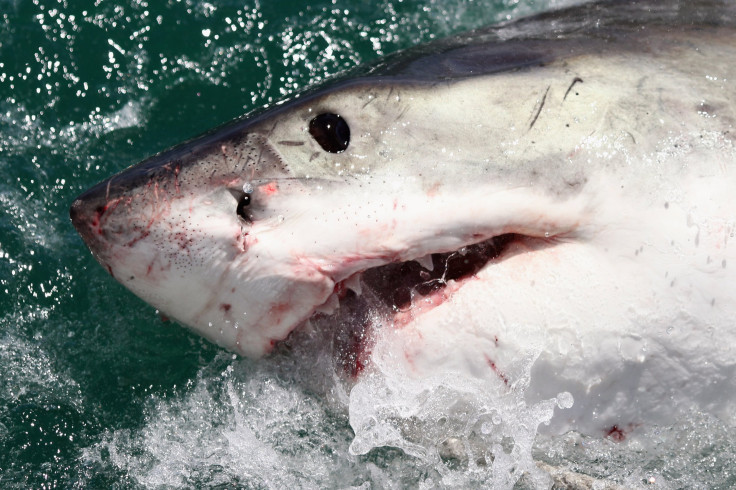Great White Shark Sightings Close Two Cape Cod Beaches, Authorities On High Alert

Shark sightings prompted officials on Sunday morning to briefly close down two beaches in Cape Cod, Massachusetts, with authorities on high alert.
A great white shark was spotted only 15 yards offshore of Nauset Public beach, while aerial views saw another shark off Coast Guard Beach in Eastham.
Sharks have become a major public safety concern in Massachusetts since last year, when a 26-year-old man was killed in a fatal shark attack off Newcomb Hollow Beach in Cape Cod. This was the first fatal shark attack in Massachusetts since 1936.
The sharks come to Massachusetts as summer temperatures warm up the New England region in the northeastern United States. Officials want to keep Cape Cod a safe summer tourist destination, despite the return of many Great Whites to the area.
Great white sharks are typically 15 to 20 feet long, making the species the largest predatory fish on Earth. Their mouths are lined with 300 sharp triangular teeth, which are arranged in rows.
Great whites can torpedo through waters at speeds up to 15 miles per hour, with one-third to one-half of shark attacks on humans worldwide being attributed to the species.
Sharks are often associated with U.S. states that are warm year-round, such as Florida. In 2018, 24% of unprovoked shark attacks worldwide occurred in Florida.
The number of shark attacks worldwide is low, in comparison to the number of people engaging in aquatic activities. Sharks may be in more danger than humans, as many shark populations around the world are in rapid decline.
© Copyright IBTimes 2024. All rights reserved.





















